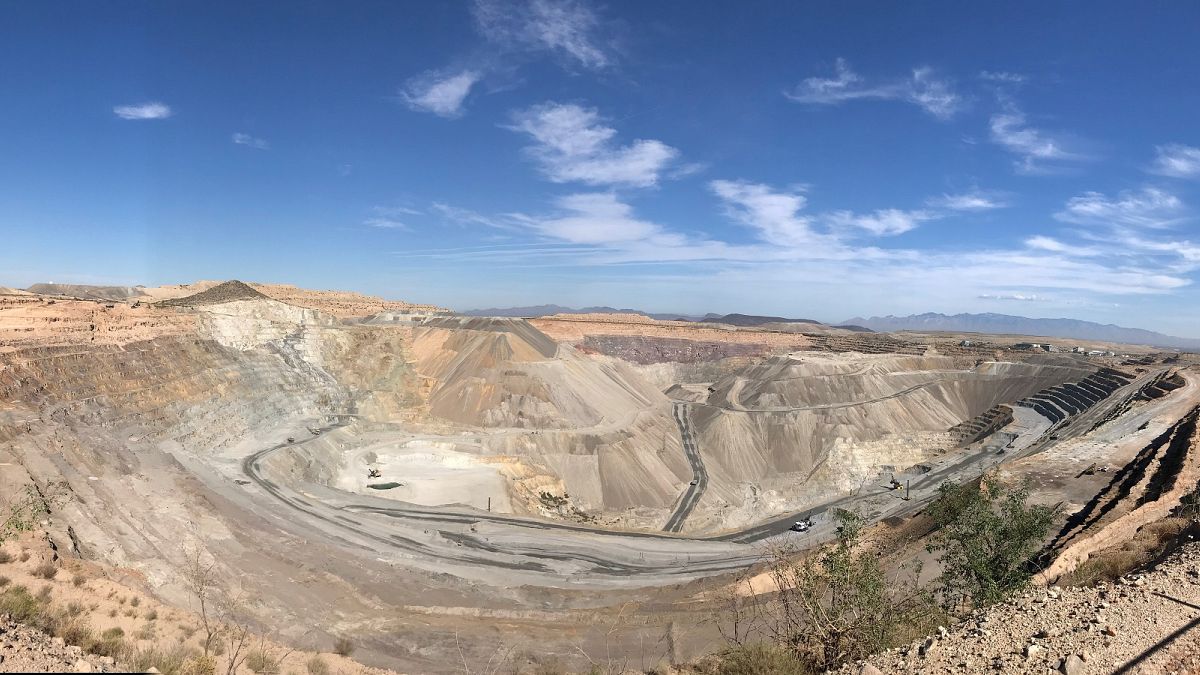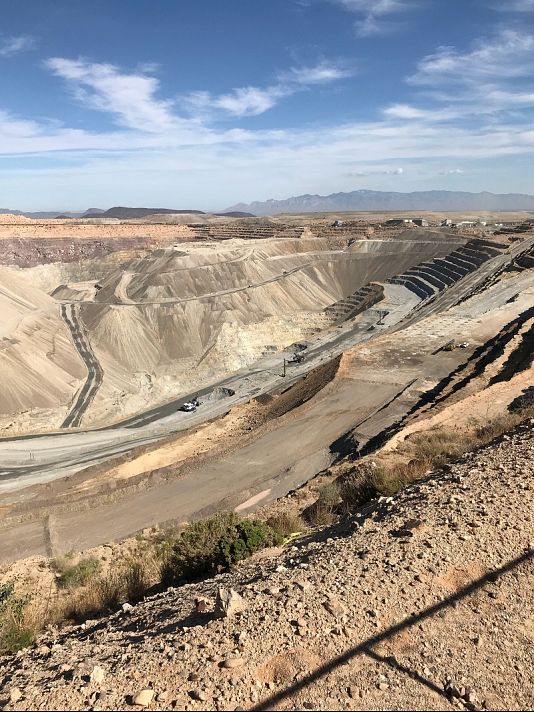Protecting the world’s remaining tropical forest cover from natural resource extraction is essential if the worst of climate change is to be avoided, and the rights of people who depend on those forests are to be respected.
Protecting the world’s remaining tropical forest cover from natural resource extraction is essential if the worst of climate change is to be avoided, and the rights of people who depend on those forests are to be respected. For this to happen, politicians have to see political advantage in voting for laws and budgets that promote such protection.
The key ingredients are large scale social mobilisation, the involvement of institutions with a legitimacy that politicians fear, and credible models of development that convince voters and politicians that clearing forest, extracting minerals, and cultivating vast swathes of industrial crops are not the route to a sustainable future.
This is a tall order. Currently the forests of Amazonia, Central Africa and the islands of Borneo and New Guinea are the targets of massive plans for integrated investment in roads, rail, waterways, mining, industrial agriculture, plantation forestry, and oil and gas extraction. While this approach to development has been seen before, current plans are on a wholly new scale. Some of this investment is already underway.
These investments support each other: infrastructure makes resource extraction more viable; resource extraction opportunities justify infrastructure investment. Following a pattern that we already know well, these investments will attract in-migrants who, while understandably in search of economic opportunity, will contribute to further forest loss as they build their livelihoods. Much of this forest loss will occur on lands owned or claimed by traditional forest dwellers; some indigenous, some not. These investments will create incentives for licit and illicit land speculation, dispossession and violence.
Although a tall order, evidence suggests that these forests and the rights of their traditional forest dwellers can be protected. International action has its role to play. Campaigns such as Oxfam’s Behind the Brands initiative, or Global Witness’ collaboration with The Guardian in raising awareness about violence and killings of environmental defenders, help sensitise consumers and companies to demand higher social and environmental standards from the sources of the products that they buy. Standard setting initiatives by industries, financial houses, and international organisations all play their role too. But without sustained national mobilisation that leads politicians to worry about votes, and companies to worry about their brand and reputation, “The Fate of the Forest,” of those who live there, and of the global climate is uncertain at the best.
In thinking of strategy, the small Central American republic of El Salvador offers some clues. In March 2017, the Congress of El Salvador passed a law that banned metals mining in the country. Climate change was one of the primary justifications for the law. El Salvador’s primary forest has been almost entirely lost and its already contaminated and scarce water resources are likely to become even more constrained because of climate change. The government had little confidence in its ability to oversee mining development effectively. Politicians concluded that the country could not afford the risks to its water resources that might result from mining activity.
Why did they come to this view? The gravity of the country’s environmental crisis, and the fact that a range of public and private organisations had worked hard to generate public awareness of this situation, was one factor. Members of congress understood what was at stake. Sustained social mobilisation against mining put further pressure on Congress. This mobilisation had generated a broad base of allies within different government ministries who supported stringent restrictions on continued resource extraction. When the Roman Catholic Church came out publicly in favour of a ban on mining, recruiting signatories for a petition in support of the law, politicians presumably worried about the legitimacy that the Church brought to the campaign. One can imagine that political incentives, faith and lay understandings of climate science came together in ways that encouraged politicians to vote for the law.
Of course, it is easier to convince people to worry about water than about trees, and to be concerned about their own rights to water than the rights of strangers living in forests. Of course, banning natural resource extraction is an extreme option, and in most cases the emphasis must be on far better planning of development investments to protect resources and human rights. And of course, El Salvador’s elites did not depend on resource extraction in the way that Indonesia’s elites do, and so were less inclined to resist such legislative change.
But we can still learn from these special cases. The takeaway from El Salvador is that other approaches to natural resource extraction and climate are possible, and that they come about and are sustained because of social mobilisation. The related lesson from Global Witness’ reports is that if such mobilisation is to be sustained, the rights of those who mobilise must be protected. This is a further sense in which addressing climate change demands protecting the rights of forest communities and those who mobilize alongside them.
Anthony Bebbington is Global Chair at the University of Bath, Professor of Geography at Clark University and a Director of Oxfam America; Roy Maconachie is Reader in Social and Policy Sciences at the University of Bath; Denise Humphreys Bebbington is Research Associate Professor of International Development at Clark University. Professor Bebbington will deliver a public lecture at the University of Bath on Thursday 25 July entitled, ‘Resource extraction, climate change and the right to live well.'
____________
Are you a recognised expert in your field? At Euronews, we believe all views matter. Contact us at view@euronews.com to send pitches or submissions and be part of the conversation.

